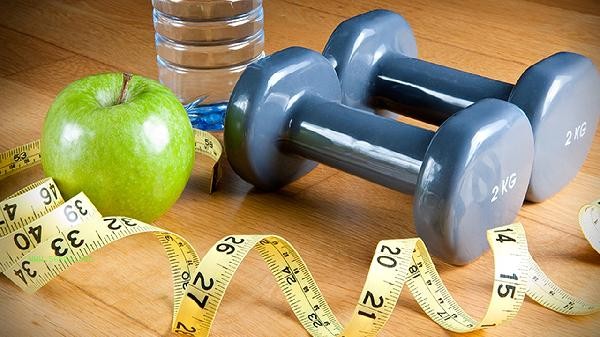During dieting and weight loss, it is recommended to choose high protein, low sugar, and high dietary fiber foods, mainly including lean meat, green leafy vegetables, whole grains, low sugar fruits, and dairy products. Scientific combination can control calorie intake while ensuring basic nutritional needs.

1. High quality protein:
White meat such as chicken breast, fish, and shrimp provide essential amino acids and have low fat content. It is recommended to consume 80-100 grams per meal. Soy products such as tofu contain plant protein and are suitable for vegetarians. Protein can prolong satiety, prevent muscle loss, and reduce the decrease in basal metabolic rate by 15% -20%. Boiled egg whites have only 17 calories per serving, making them an ideal addition to meals.
2. Composite carbohydrates:
Whole grains such as oats and brown rice have a glycemic index of less than 60 and are rich in B vitamins. Daily staple food should be controlled at 150-200 grams of raw weight, and mixed with legumes can delay blood sugar fluctuations. When sweet potatoes are used as a substitute staple food, 200 grams contain about 180 calories and provide 3.5 grams of dietary fiber. Avoiding refined rice flour can make the blood sugar curve smoother throughout the day. 3. Dark vegetables: Green leafy vegetables such as broccoli and spinach have a calorie density of less than 30 kcal/100g and are rich in minerals such as magnesium and potassium. Daily intake should be at least 500 grams, with dark vegetables accounting for 2/3. The cooking method of cold mixing or stir frying can maximize the retention of vitamin C, help with collagen synthesis, and maintain skin elasticity. 4. Low GI fruits: Berries such as blueberries and strawberries have a sugar load of less than 10 and contain antioxidants. Apples and pomelos are suitable for consumption between meals, with each serving weighing less than 200 grams. Avoid high sugar fruits such as durian and lychee, whose fructose is easily converted into visceral fat. The white complex of citrus fruits contains bioflavonoids, and it is recommended to keep them for consumption.
5. Healthy fats:

It is recommended to consume 15-20 grams of nuts per day, preferably plain almonds and walnuts. When cooking olive oil, the temperature should be controlled below 180 ℃ to avoid nutrient damage. Avocados are consumed 2-3 times a week, with 1/4 serving monounsaturated fatty acids each time. supplementing deep-sea fish with Omega-3 three times a week can help regulate leptin sensitivity. During the dieting period, drinking at least 2000 milliliters of water per day can be divided into 8 times. Drinking 300 milliliters of warm water before meals can reduce food intake by 12%. Cooking is done by steaming and stewing, avoiding braising and frying. Keeping a diet diary can help identify hidden sources of calories, such as seasoning sauces that may add an additional 200 calories per day. Maintaining sleep for more than 7 hours can reduce the secretion of ghrelin, and when combined with a daily basal activity of 6000 steps, it can lead to a more significant decrease in body fat percentage. When experiencing symptoms of malnutrition such as dizziness and amenorrhea, it is necessary to adjust the diet structure in a timely manner.





Comments (0)
Leave a Comment
No comments yet
Be the first to share your thoughts!